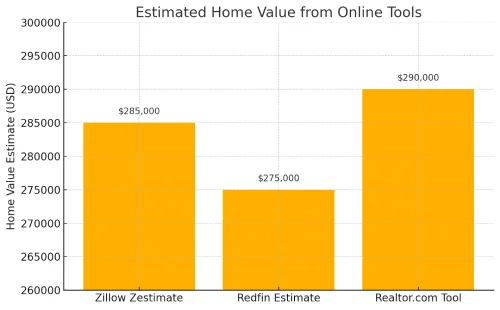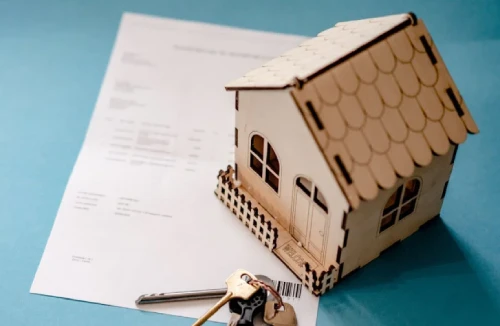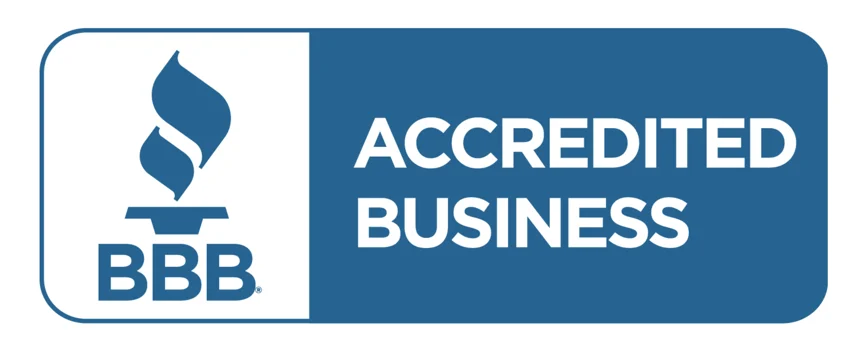How Much Can I Sell My House For? Find Out Fast
Jun 02, 2025 | Hanna Cena
One of the first questions every homeowner asks when thinking about selling is: “How much can I sell my house for?” It’s a simple question with a not-so-simple answer. Your home’s value depends on several factors—including location, condition, timing, and the local real estate market.
In this guide, we’ll break down everything you need to know to estimate your home’s selling price realistically—and how to make sure you get top dollar when it hits the market.
1. Start with a Home Value Estimate
Before you put your house on the market, it’s important to get a baseline idea of what your home might be worth. The quickest way to do this is by using an online home value estimator. These tools give you a ballpark figure based on public records, recent sales, and market trends in your area.
Here are a few popular ones to try:
- Zillow’s Zestimate – Uses a proprietary algorithm that factors in tax records, MLS data, and past sales.
- Redfin Estimate – Updates daily and provides a range based on nearby comparable listings.
- Realtor.com Home Value Tool – Offers a value range and links to local listings to show how your home compares.
These tools are easy to use—just enter your address, and you’ll get an instant estimate. However, they aren’t perfect. They don’t account for upgrades you’ve made, such as a renovated kitchen, new roof, or fresh landscaping. They also can’t see your home’s unique charm, current condition, or the impact of local buyer demand.

Think of these estimates as your starting point, not your final answer. To get a more accurate picture of what your home could actually sell for, you’ll want to combine these tools with a professional opinion or comparative market analysis (CMA) from someone who knows your neighborhood inside and out.
2. Look at Comparable Sales (“Comps”)
The most accurate way to determine how much you can sell your house for is by comparing it to similar homes in your neighborhood. This is called looking at “comps.”
Here’s what to match:
- Square footage
- Number of bedrooms and bathrooms
- Age and condition of the home
- Lot size
- Recent sale price
If three homes nearby sold for $280,000 to $300,000—and yours is in similar condition—you can expect to fall within that range, too. A local real estate agent can pull these comps for free and help interpret the data.
If you want to run your own analysis, try Zillow’s home value tool.
3. Factor in the Condition of Your Home
Your home’s condition plays a huge role in pricing. Ask yourself:
- Is everything updated and move-in ready?
- Are there major repairs needed?
- Is the roof, HVAC, or plumbing outdated?
- Have you made recent upgrades like a kitchen remodel or new flooring?
Homes in excellent condition tend to sell faster and for more money. But even if your house needs work, that doesn’t mean you can’t sell—it just might affect the price.
4. Compare Similar Homes (AKA “Comps”)
To get a solid estimate of your home’s market value, look at recent sales of similar properties in your area. These are called “comps” (short for comparables), and they serve as one of the most reliable ways to assess how much buyers are currently willing to pay for a home like yours.
Focus on homes that match your property in size, age, condition, number of bedrooms and bathrooms, and location. Ideally, these homes should have sold in the past 3–6 months. The more recently they sold, the more accurate the data.
For example, if your home is a three-bedroom, two-bath ranch-style house in Wyoming, Michigan, check what other similar homes sold for in the same neighborhood. If one sold for $245,000 last month and it has the same layout and condition as yours, that’s a strong indicator of what your home might be worth.
You can start by browsing Zillow or Realtor.com, but for a more precise estimate, talk to a local real estate agent or home investor. They often have access to the Multiple Listing Service (MLS), which includes in-depth sales data that public sites don’t show.
Don’t forget to factor in unique features. A finished basement, corner lot, or new roof might add value, while outdated finishes or a busy street might lower it.
5. Get a Professional Appraisal (Optional but Valuable)
If you’re asking, “How much can I sell my house for?”, and want a precise answer, hiring a professional appraiser is one of the most accurate ways to go. An appraisal offers a detailed, unbiased evaluation of your home’s current market value based on several critical factors:
- Your home’s location and condition
- Recent sales of similar properties in your area
- Size, layout, and any upgrades or renovations
- Current market trends and buyer demand
Most appraisals cost between $300 and $500, depending on your home’s size and location. While it’s not always required when selling, having an appraisal can give you a solid number to support your asking price—especially useful if you’re trying to price competitively in a shifting market.

Some sellers also use appraisals as a negotiation tool. If buyers try to lowball you, a recent appraisal can justify why your price is fair and based on professional data—not just personal opinion.
If you’re in West Michigan, a local appraiser familiar with neighborhoods like Grand Rapids, Kentwood, or Zeeland can give you a more accurate value than a national estimator tool. This can be especially helpful in markets where home values vary block by block.
Ultimately, while optional, a professional appraisal adds credibility and peace of mind—especially if you’re planning to sell fast and don’t want surprises during the buyer’s own valuation process.
6. Consider Selling As-Is
If your home needs major repairs or updates—and you’re wondering, “How much can I sell my house for in its current condition?”—you may want to consider an as-is sale.
Selling your house as-is means you don’t fix anything. Instead, you adjust your asking price to reflect the needed repairs. This is a good option if you:
- Want to sell quickly
- Don’t want to invest more money in the house
- Don’t have the time or energy for renovations
At Hometown Development, we specialize in helping Michigan homeowners sell their homes fast—no repairs, no realtors, no hassle. You can request a free cash offer and find out exactly how much you can sell your house for, today.
👉 Curious what your house is worth as-is? Read our full guide on selling without repairs
Final Thoughts: So, How Much Can I Sell My House For?
Ultimately, the selling price depends on your home’s location, condition, recent market trends, and what buyers are willing to pay. Start with online tools, review comps, and speak to a local expert to get the clearest picture.
Whether you’re ready to list your home or want a stress-free, cash offer today, Hometown Development is here to help.







